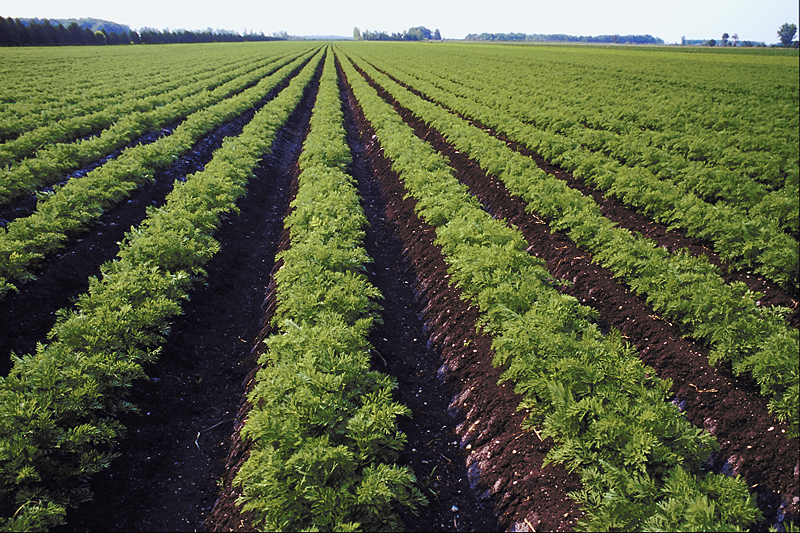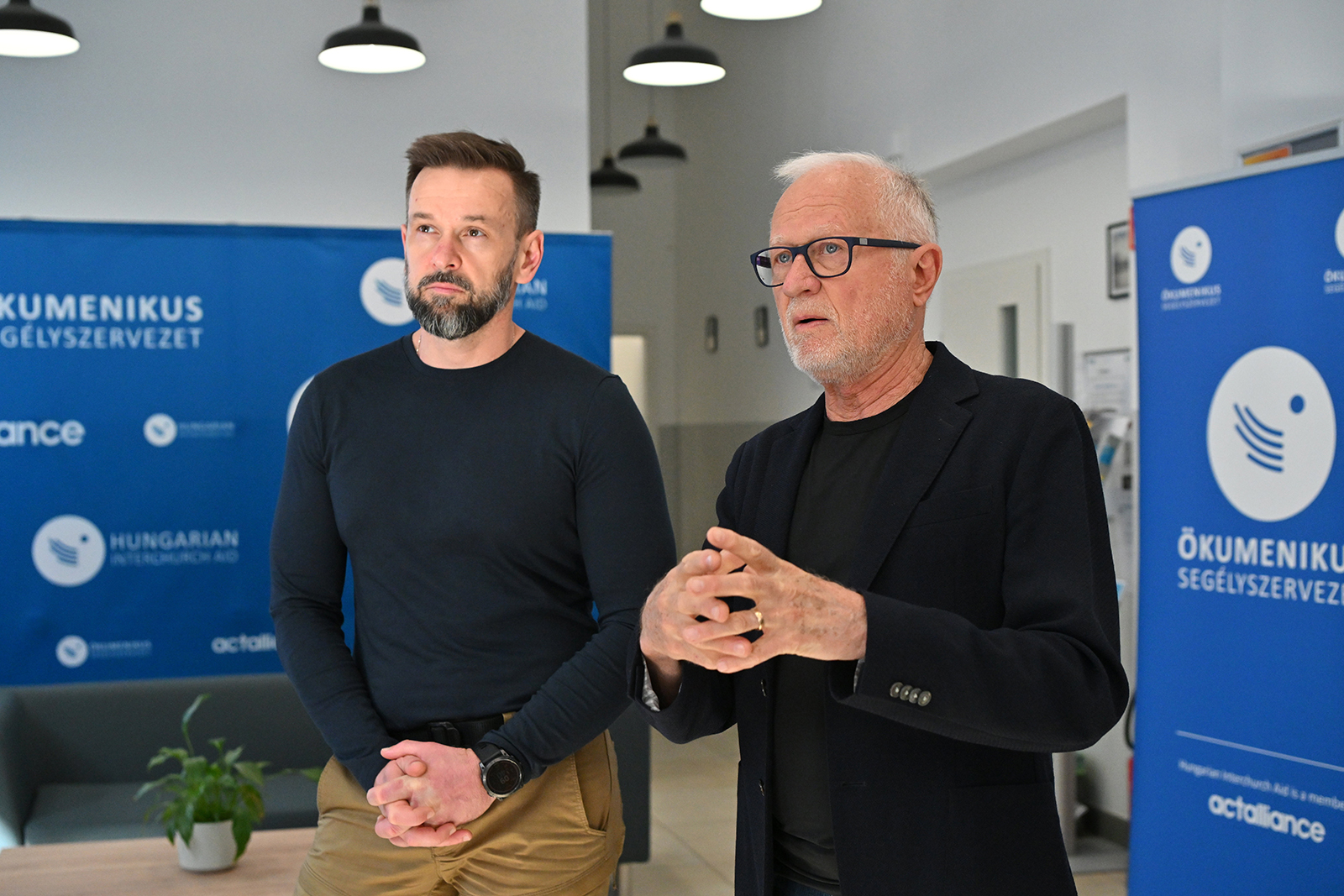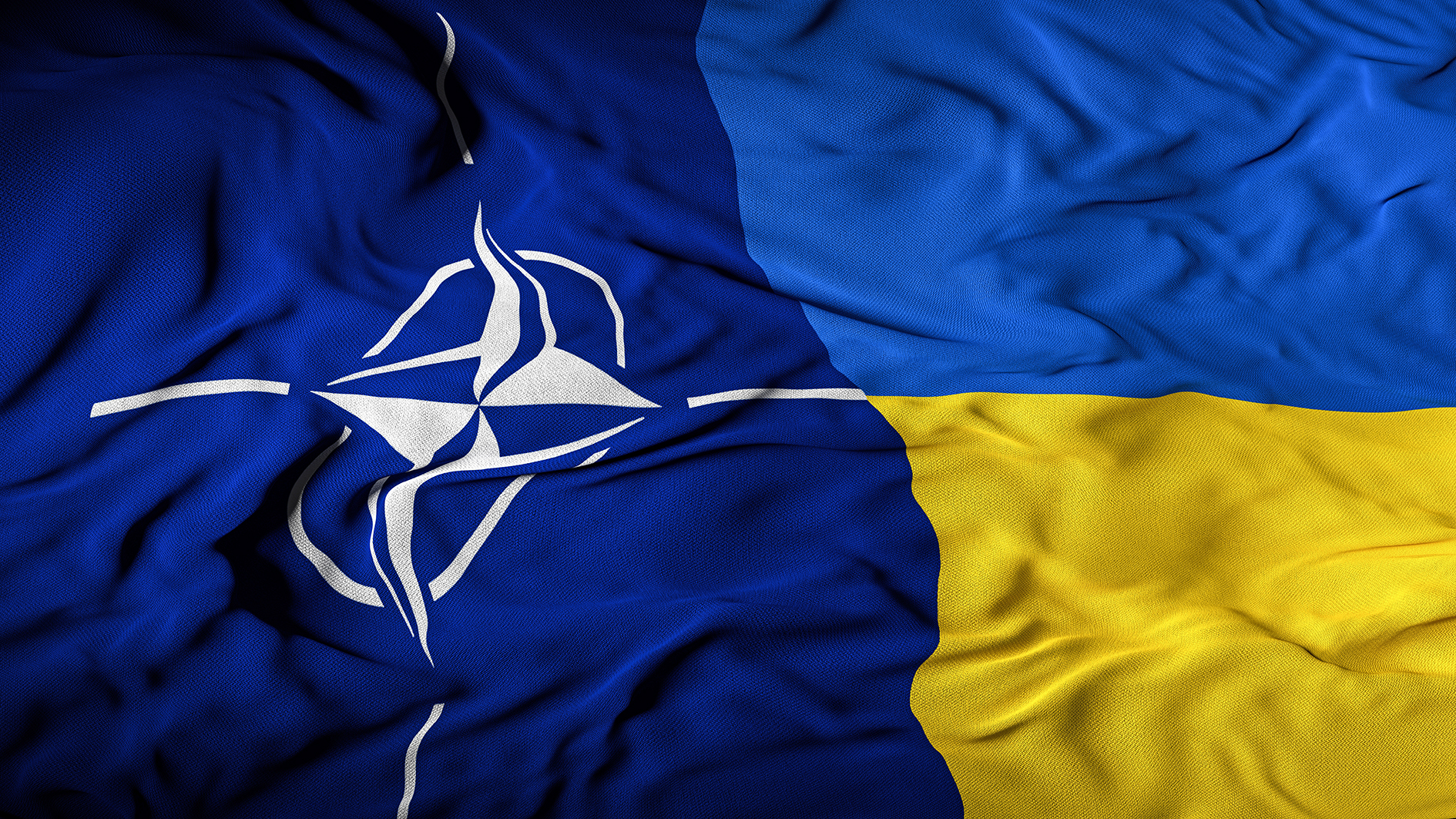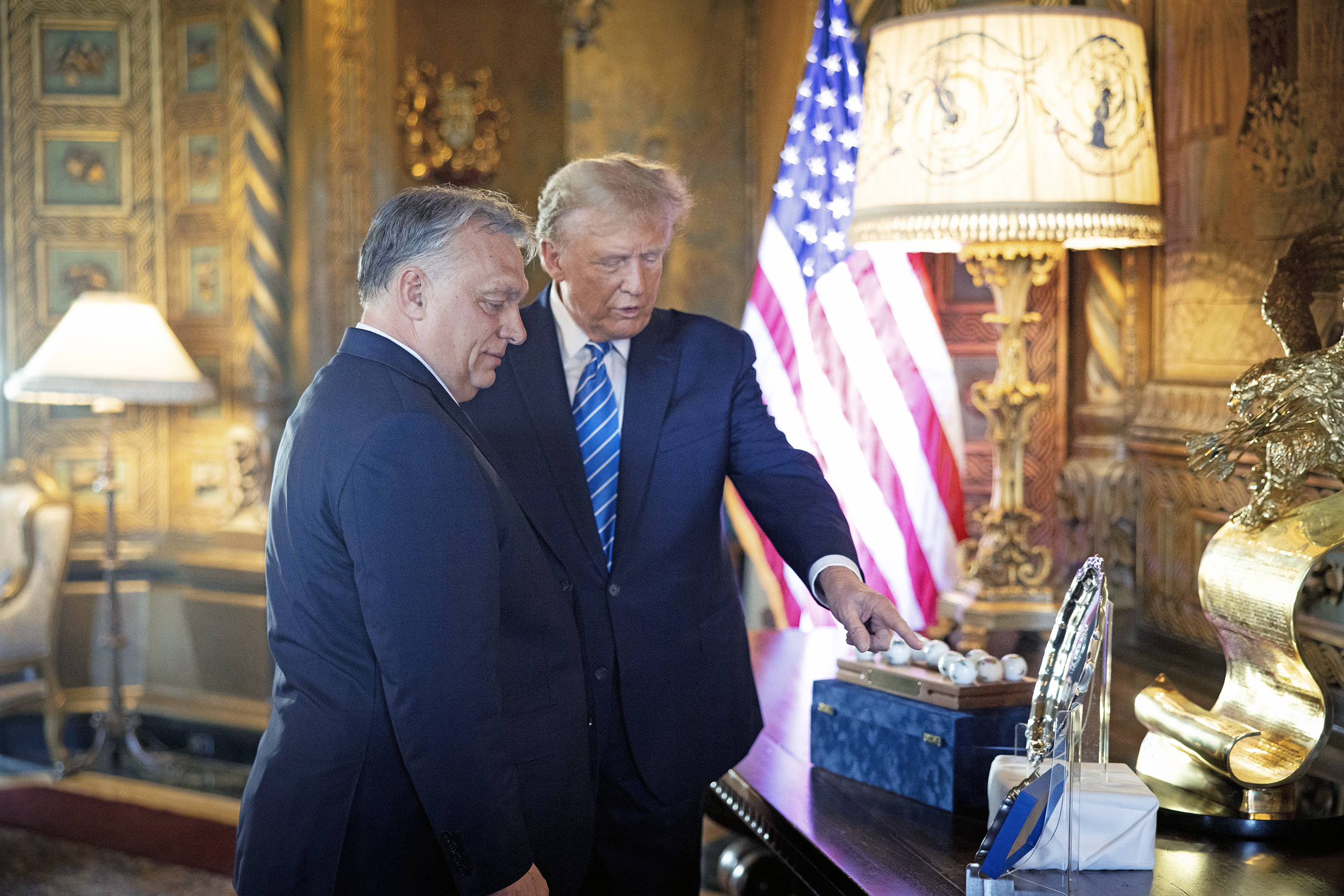Nagy and Zelensky Argue Over ‘Unacceptable’ Timing of Agri Ban

In this file photo from July 7, Minister of Agriculture István Nagy (left) speaks with Tamás Iván, president of the Association of Hungarian Entrepreneurs in Slovakia, at a forum called “Treasures of the Hungarian Countryside” in the Martos Free University, now in Slovakia, but once Upper Hungary. Nagy has since vowed to use “any means necessary” to protect Hungary’s farmers.
Photo by Csaba Krizsan / MTI.
Ukrainian President Volodymyr Zelensky urged the European Union to follow through on lifting restrictions that have been placed on the import of certain agricultural products from Ukraine, which are set to expire on September 15, during his nightly address on July 24.
The European Commission introduced the ban on importing wheat, maize, rapeseed and sunflower seed from Ukraine on May 2, after unilateral restrictions had been imposed by neighboring member states, notably Hungary and Poland, in the weeks prior. Originally set to expire on June 5, the limits were then extended until September 15.
“Any [further] extension of the restrictions would be absolutely unacceptable and frankly anti-European,” Zelensky said. “We are in touch with all stakeholders to find a solution that suits everyone,” the president added in a message on Telegram after a meeting with government officials.
However, Hungarian Minister of Agriculture István Nagy called the September 15 expiration date for a ban on imports of Ukrainian grain to neighboring countries in the EU “unacceptable” at a meeting with his peers from Poland, Bulgaria, Romania and Slovakia in Warsaw on July 19.
Nagy said he and his peers insist that the EU extend the ban on the import of these agricultural products until at least December 31, adding that if it did not, Hungary “will use all means available to protect Hungarian farmers.”
For his part, Polish Prime Minister Mateusz Morawiecki has already indicated that Poland would refuse to open its borders to Ukrainian grain even after the current expiration date of restrictions on September 15.
Continued Cooperation
Nagy added that the sides had signed an agreement “signaling that Hungary, Poland, Bulgaria, Romania and Slovakia will continue to cooperate on the matter of Ukrainian grain.” These countries neighboring Ukraine had initially introduced their own bans after an exemption from customs duties and quotas for Ukrainian grain, intended to expedite deliveries to countries in the Middle East and Africa and referred to as “Solidarity Lanes,” which caused a surplus in their domestic markets.
In a message on his Facebook page on July 25, reiterating the request that Brussels extend the ban until the end of the year, Nagy also referred to the importance of improving the operation of these so-called “Solidarity Lanes” and restoring their original purpose. Explaining that the cost of land transport was very high, Nagy said the EU should provide progressive financial support for transport costs that take into account the transport distance.
“This makes it possible to transport Ukrainian grain by land to European ports and from there on to where it is really needed,” Nagy said. “Otherwise, a situation could easily arise where products from Ukraine remain in Europe, crops produced in Europe become unsellable, and developing countries acquire their needs from Russia,” the Hungarian minister concluded.
Meanwhile, the ratification of Sweden’s bid to join the North Atlantic Treaty Organization (NATO), which had been agreed to by holdouts Hungary and Turkey at the NATO Summit in Vilnius, Lithuania, earlier this month, will likely take place in the fall.
Zsolt Németh, chairman of the Foreign Affairs Committee of Hungary’s Parliament, told Inforádió on July 13 that an extraordinary parliament session would not be required to approve the decision, which would instead be discussed when parliament reconvened for its regular autumn session in mid-September.
Additionally, Turkey’s Parliament decided on July 15 to keep the country’s foreign affairs committee on standby, thus enabling it to carry out work during the summer recess, which lasts until October 1, and speed up its own ratification process of Sweden’s membership in NATO.
This article was first published in the Budapest Business Journal print issue of July 28, 2023.
SUPPORT THE BUDAPEST BUSINESS JOURNAL
Producing journalism that is worthy of the name is a costly business. For 27 years, the publishers, editors and reporters of the Budapest Business Journal have striven to bring you business news that works, information that you can trust, that is factual, accurate and presented without fear or favor.
Newspaper organizations across the globe have struggled to find a business model that allows them to continue to excel, without compromising their ability to perform. Most recently, some have experimented with the idea of involving their most important stakeholders, their readers.
We would like to offer that same opportunity to our readers. We would like to invite you to help us deliver the quality business journalism you require. Hit our Support the BBJ button and you can choose the how much and how often you send us your contributions.










